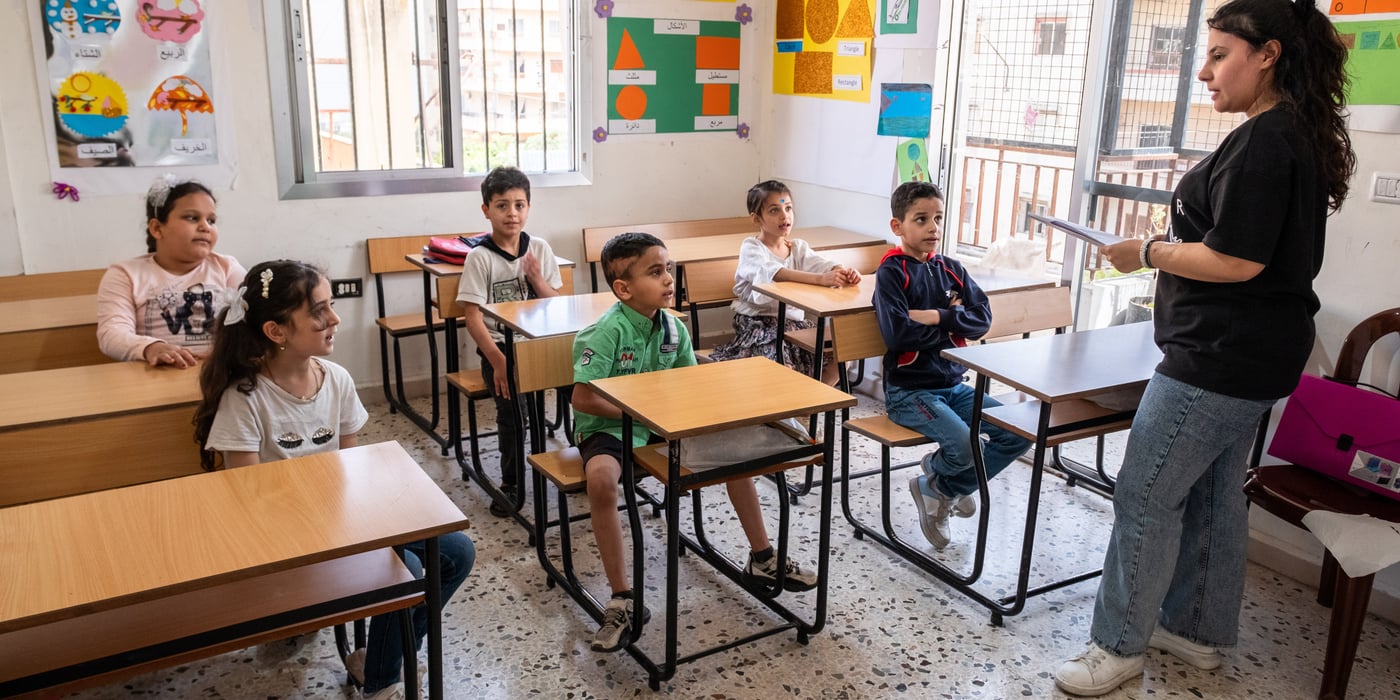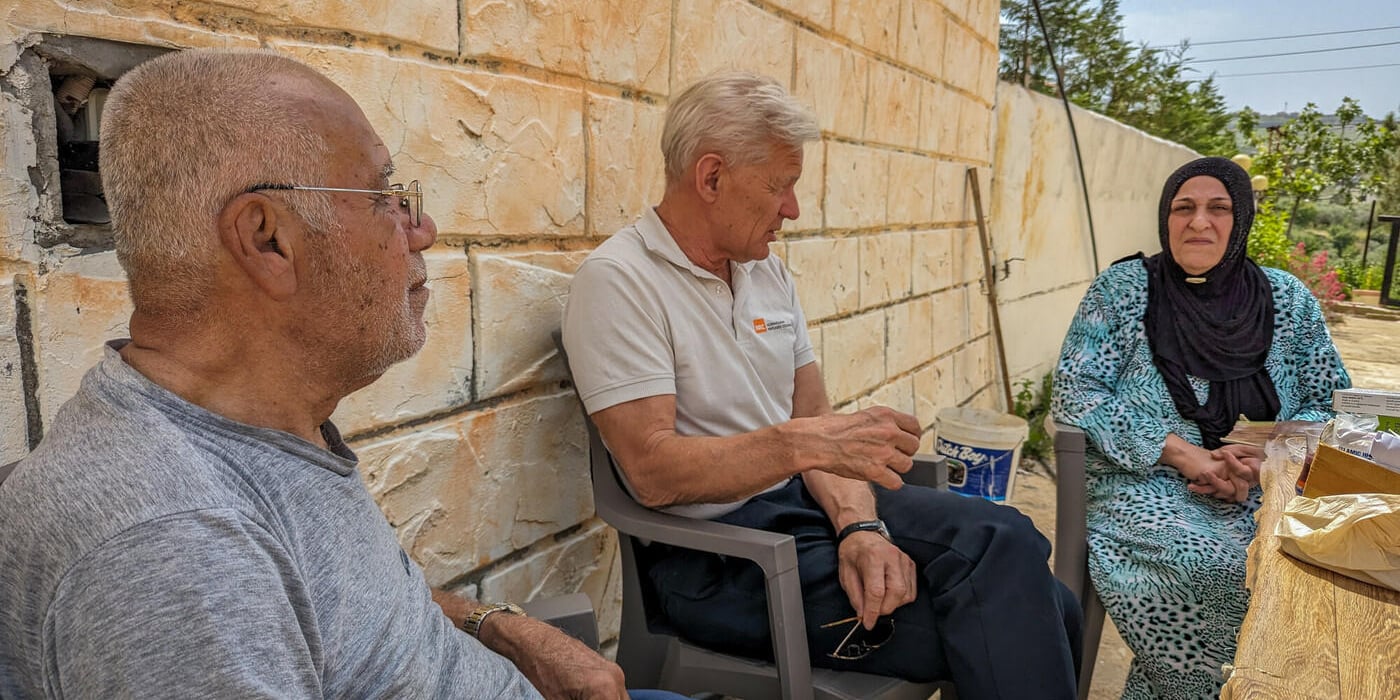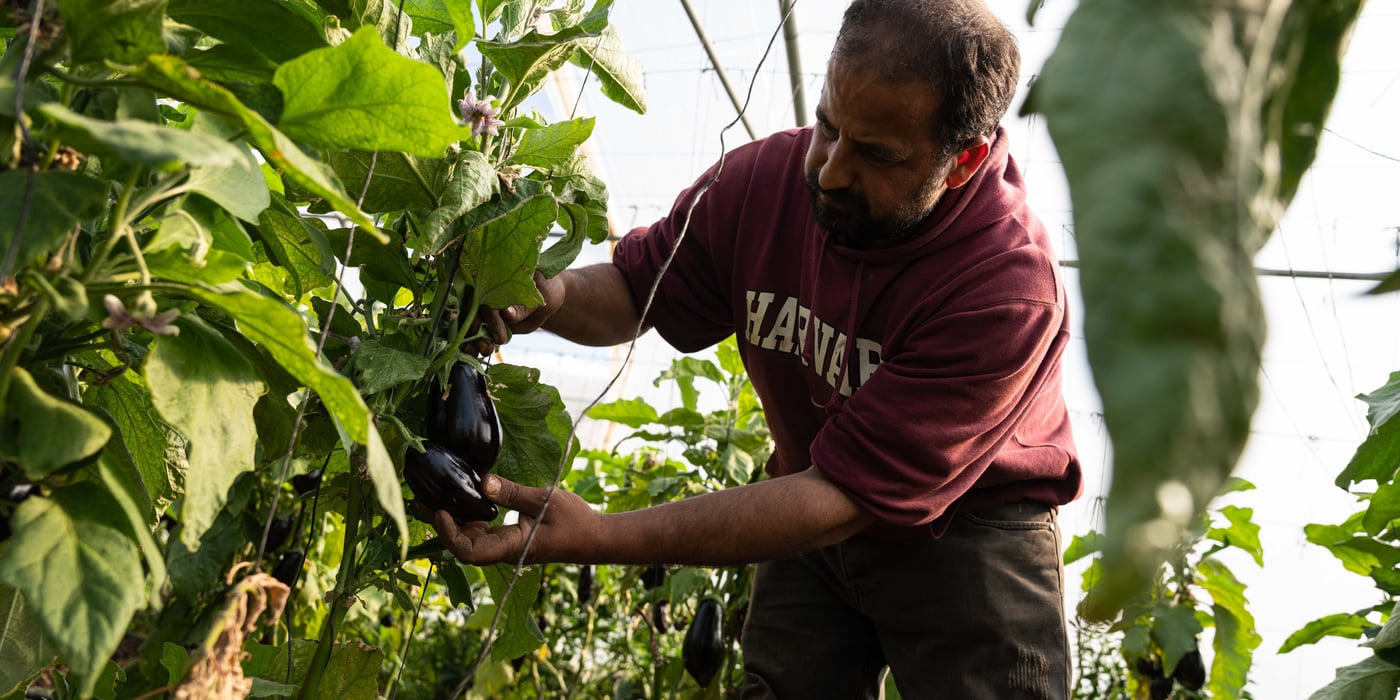
Six months have passed since the explosion of 2750 tons of badly stored ammonium nitrate took Beirut by surpriise. The blast that shook the centrally located port of the city was unprecedented, causing the death of at least 204 people, 7500 injuries, USD 15 billion in property damate and leaving an estimated 250,000 people temporarily or permanently homeless.
The ongoing political and economic crises in Lebanon had already been exacerbated by the pandemic. Repercussions from the explosion amplified the dire situation, putting pressure on the international community to act fast to help those in need.
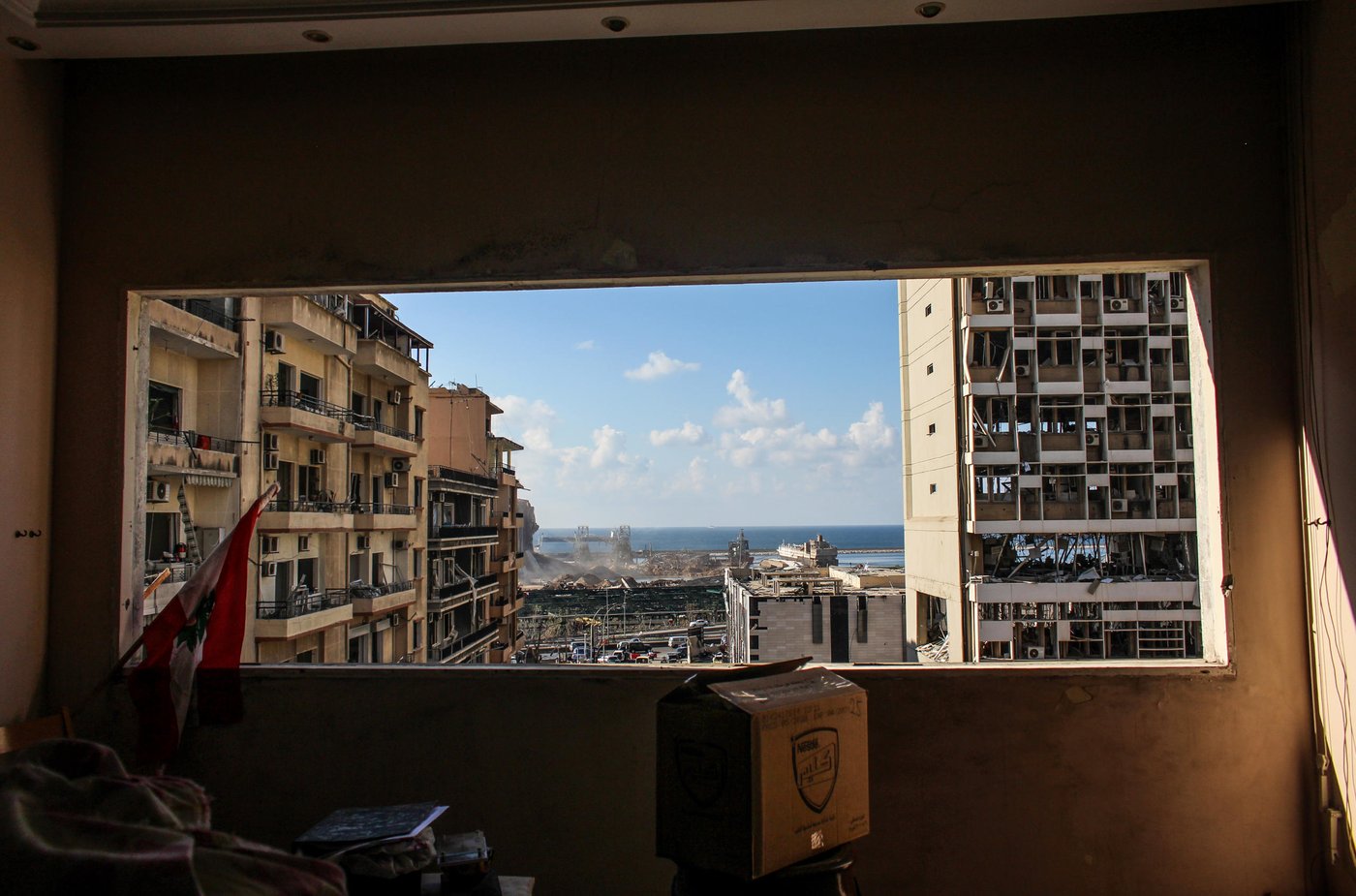
An area-based approach
NORCAP has deployed several experts to help reduce the gaps and overlaps in the assistance delivered by humanitarian organizations. Carolina Mansur was one of those working to coordinate the international response.
In the early recovery efforts in Beirut, the NORCAP expert has been deployed to UN Habitat. Here, she has been working to make use of the organisation’s expertise on urban contexts, while also contributing to underpin the agency's support to the Government of Lebanon in developing a national urban policy.
In Carolina’s work, it has been central to promote the implementation of projects using an area-based approach. This implies looking at multiple needs within one area, rather than a sector or target group.
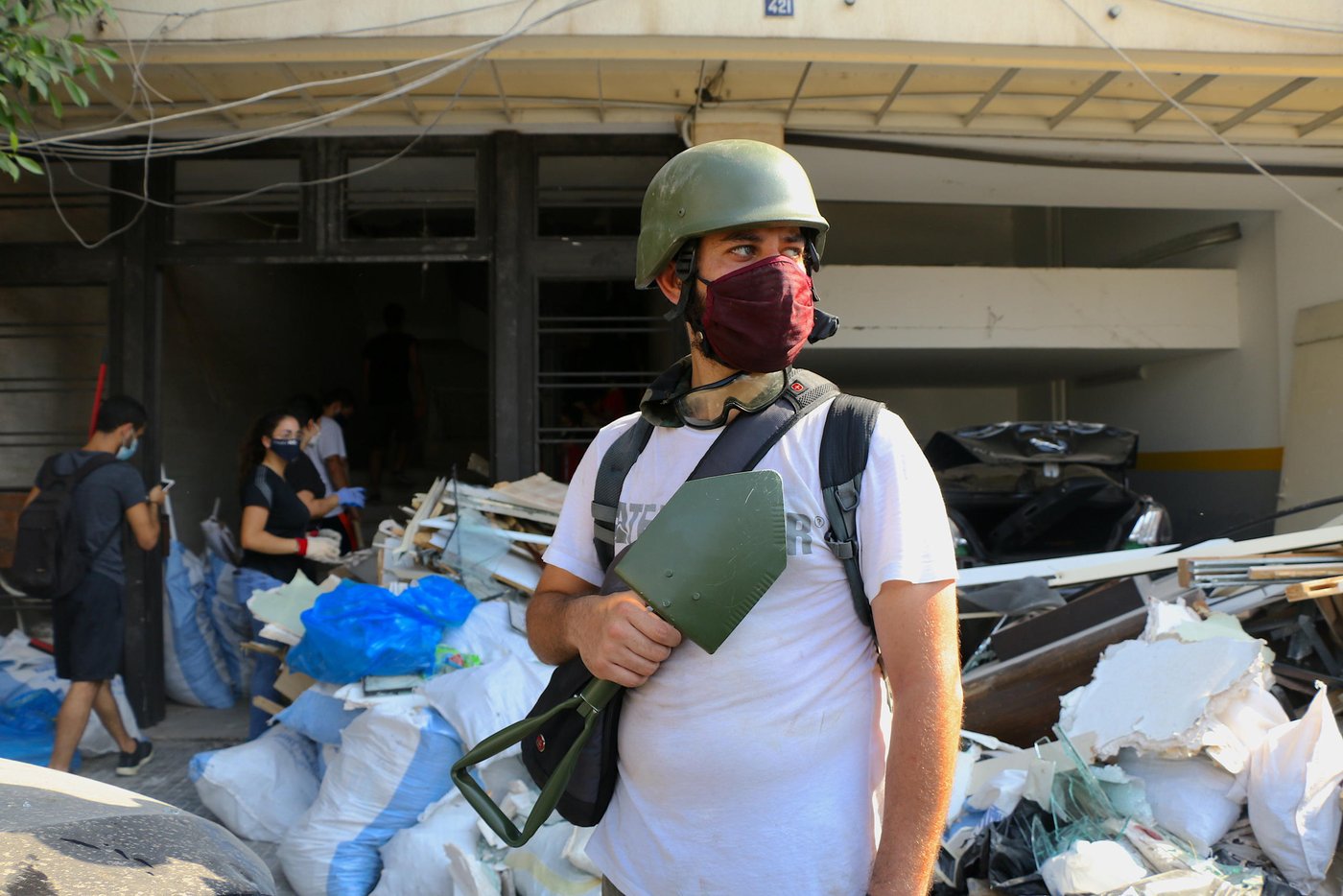
“Communities affected by crisis have a holistic view of their recovery, which means it is important to have an understanding of the overall needs. In order to achieve this, it is vital to improve collaboration between the different sectors and stakeholders,” says Carolina.
An area-based approach is especially applicable in urban contexts, she explains. It is often associated with places similar to Lebanon, where there is a strong presence of local authorities and the existence of complex relationships. In these contexts, narrow external interventions can have strong, unintended impacts on other sectors.
“International response and interventions should to a much greater extent be developed through applying an integrated lens."
The return home
Despite international and local efforts to help rehouse the victims of the explosion, many are still unable to go back to their homes. Lebanon was grappling with issues related to housing, land and property rights already before the blast.
“Six months after the explosion, we are still experiencing additional housing, land and property issues. Many tenants have become indebted, as they have themselves paid for repairs and restructure. In some cases, repairs that were made increased the standard of the building, which led to landlords wanting to increase rent”, says Jenny Bjerlestam.

Many of the neighbourhoods heavily damaged by the Beirut Port explosions are located in the old districts of Beirut, which are also high in land value. Thanks to pre-existing rental conditions, these neighbourhoods accommodated residents of all income levels and demographic backgrounds. Many of these residents are unable to afford moving out or signing new rental contracts with updated rental rates.
Jenny’s expertise has been particularly important in the protection of marginalized and disadvantaged groups.
“After the blast, people living in the affected areas reported being approached by brokers wanting to procure property for large amounts of cash”, she says.
In the current context of widespread poverty and inter-communal competition over resources, the most vulnerable people are at increased risk of exploitation, abuse and evictions without due process.


